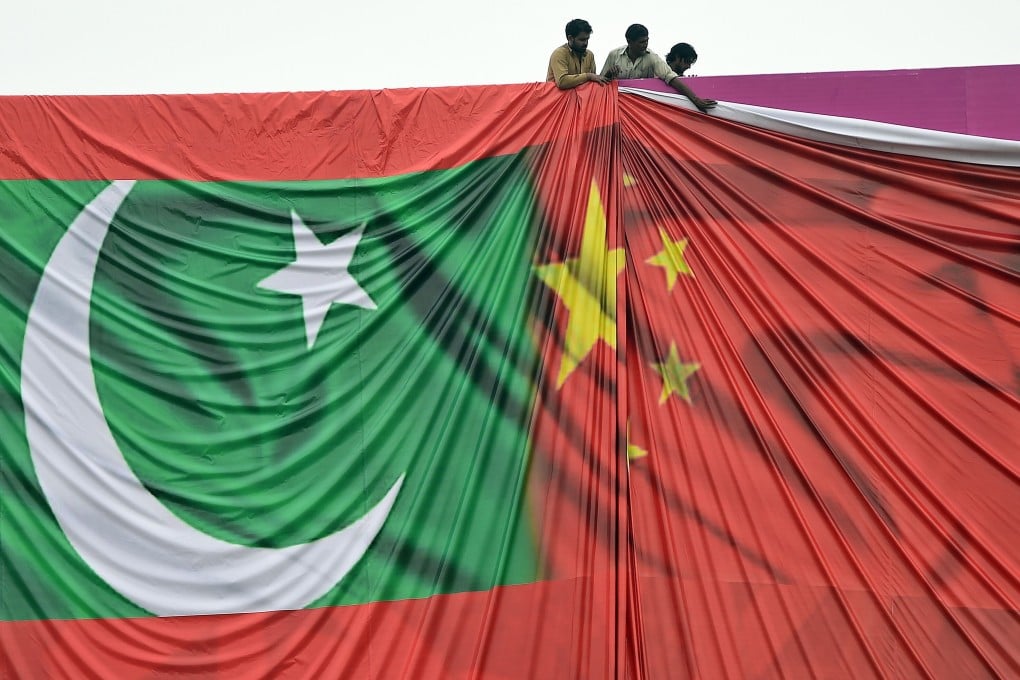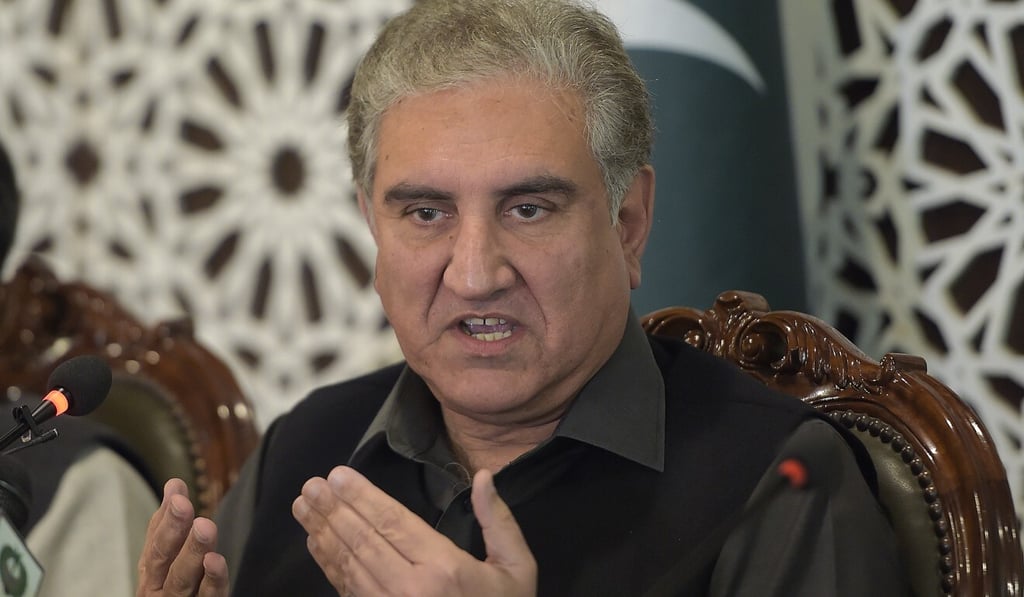Advertisement
China, Pakistan agree to push on with rail and power projects
- Statement comes after a meeting of neighbours’ foreign ministers in the south China island province of Hainan
- Schemes form part of the US$62 billion China Pakistan Economic Corridor project
Reading Time:3 minutes
Why you can trust SCMP

China said it has agreed with Pakistan to push ahead with rail and power projects under the China Pakistan Economic Corridor (CPEC), as the two nations remain locked in border stand-offs with their mutual neighbour India.
Beijing made the announcement on Friday following a meeting between Chinese Foreign Minister Wang Yi and his Pakistani counterpart, Shah Mahmood Qureshi, in the south China island province of Hainan.
“The foreign ministers of China and Pakistan agreed that the joint construction of the belt and road should be accelerated to bring more benefits to the two peoples,” Wang was quoted as saying in a statement by the Chinese foreign ministry.
Advertisement
“The construction of the China-Pakistan Economic Corridor has entered a new stage of high-quality development and will continue to play an important role in the revitalisation of Pakistan,” he said.

Advertisement
The CPEC is a US$62 billion project that forms part of the Belt and Road Initiative, Beijing’s multibillion-dollar infrastructure development plan to boost connectivity across Asia and beyond.
Advertisement
Select Voice
Select Speed
1.00x